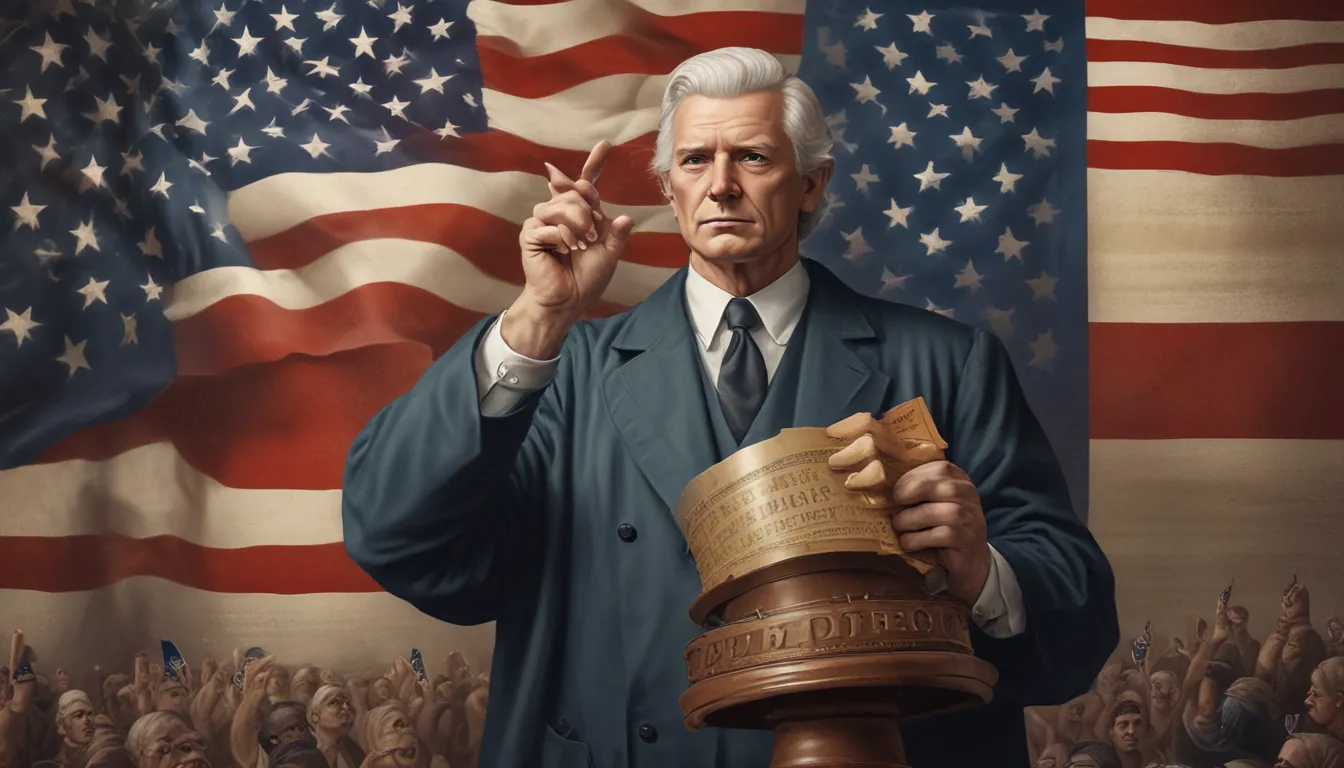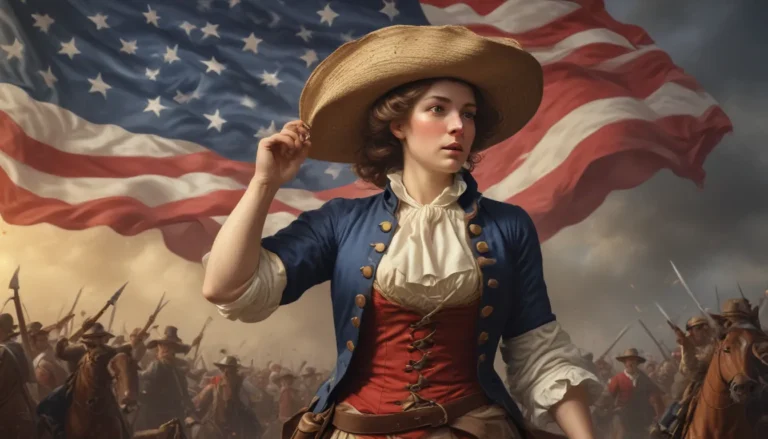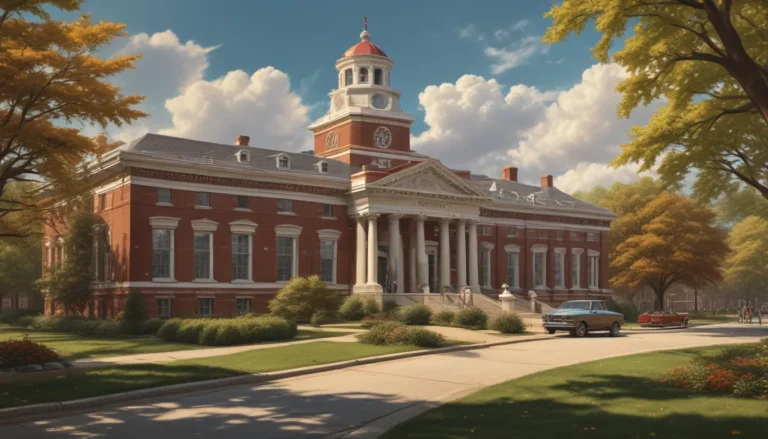The images in our articles may not match the content exactly. They are used to grab your attention, not to show the exact details in the text. The images complement the text but do not replace it.
Have you ever stopped to think about why you can freely voice your opinions or why the press can report on controversial topics without fear of retribution? The First Amendment is the unsung hero behind these fundamental freedoms, guaranteeing rights that are crucial for a thriving democracy. While you may have learned about it in history class, there’s so much more to this powerful amendment than meets the eye. From its revolutionary origins to its impact on modern society, the First Amendment has shaped the United States in profound ways. So, let’s delve into some intriguing facts that will give you a whole new appreciation for this cornerstone of American freedom.
Understanding the First Amendment: A Closer Look
The First Amendment to the United States Constitution, ratified on December 15, 1791, is a pivotal piece of American legal framework designed to protect individual liberties against government interference. It forms the bedrock of American democratic values, ensuring that citizens have the voice to speak out, worship freely, gather in protest, and address their government without fear of retribution.
James Madison, known as the “Father of the Constitution,” played a crucial role in drafting the Bill of Rights, which includes the First Amendment. Inspired by earlier documents such as the English Bill of Rights and the Magna Carta, the First Amendment reflects a long-standing belief in the importance of protecting personal freedoms.
The Five Freedoms Enshrined in the First Amendment
At its core, the First Amendment guarantees five critical freedoms that are essential for a functioning democracy and allow for a vibrant society where ideas can be freely exchanged:
- Freedom of Religion: Ensures individuals can practice any religion of their choice or none at all, without government coercion or interference.
- Freedom of Speech: Allows individuals to express themselves without government censorship or punishment.
- Freedom of the Press: Permits journalists and media outlets to report news and express opinions without government control.
- Freedom of Assembly: Gives people the right to gather peacefully for demonstrations or protests.
- Freedom to Petition the Government: Enables citizens to express grievances or request changes from their government.
Historical Significance and Context of the First Amendment
The First Amendment was born out of a struggle for freedom and the desire to establish a government that respects individual rights. Its inclusion in the Constitution was crucial for securing the ratification of the document by ensuring protections for those wary of centralized power.
The Virginia Declaration of Rights, drafted by George Mason in 1776, directly influenced Madison and others in crafting the Bill of Rights. Over the years, the Supreme Court has interpreted the First Amendment through various landmark cases, shaping the scope of the freedoms it protects.
Evolving Interpretations in the Digital Age
With the advent of the internet and social media, the First Amendment faces new challenges and interpretations. The digital landscape has transformed how we exercise our freedoms, particularly in terms of speech and press.
It is essential to stay informed about landmark cases such as Reno v. ACLU (1997) and Citizens United v. Federal Election Commission (2010), which have expanded the reach of free speech protections. Ongoing debates about hate speech, misinformation, and the role of big tech companies in regulating speech highlight the continued relevance and complexity of the First Amendment in the digital age.
Navigating Ongoing Debates and Challenges
The First Amendment continues to be at the heart of many legal, social, and political debates. Balancing free speech with hate speech is a contentious issue, with ongoing discussions about where to draw the line while respecting First Amendment rights. The spread of misinformation and the challenge of regulating content on social media platforms further complicate the landscape of free expression in the digital era.
Final Thoughts on First Amendment Facts
Exploring the depths of the First Amendment reveals a wealth of knowledge that underscores its critical role in American democracy. By understanding the historical context, landmark cases, and contemporary challenges, we gain a deeper appreciation for the freedoms guaranteed by this cornerstone of the U.S. Constitution. As advocates for these rights, it is our responsibility to remain vigilant and uphold the values of free speech, press, religion, assembly, and petition. Let us embrace the spirit of inquiry and advocacy, safeguarding these liberties for generations to come.
Frequently Asked Questions
Q: What exactly does the First Amendment cover?
A: The First Amendment protects several key freedoms, including speech, religion, press, assembly, and the right to petition the government.
Q: How does the First Amendment affect everyday life?
A: From voicing opinions on social media to joining peaceful protests, this amendment ensures you can express yourself without fear of government backlash.
Q: Can schools limit students’ First Amendment rights?
A: Schools can impose restrictions, especially if speech disrupts the learning environment or infringes on others’ rights.
Q: Has the interpretation of the First Amendment changed over time?
A: Court cases and societal changes have shaped its interpretation, making it a living document that evolves with each generation.
Q: Are there any exceptions to the First Amendment protections?
A: Not all speech is protected, with exceptions for threats, obscenity, and speech inciting imminent violence.
Q: How does the First Amendment apply to the internet?
A: The internet falls under the First Amendment’s umbrella, protecting online speech just as it does in print or verbal communication.
Q: What role does the First Amendment play in a democracy?
A: By protecting freedoms of speech, press, and assembly, the First Amendment ensures open debate and criticism of the government, essential for a thriving democracy.
Embracing Knowledge for a Brighter Future
In a world where information is abundant and opinions abound, understanding the intricacies of the First Amendment empowers us to navigate complex issues with clarity and purpose. As we move forward in an ever-changing society, let us cherish and defend the freedoms bestowed upon us by this remarkable amendment. Remember, in the pursuit of knowledge and active citizenship lies the key to preserving the essence of democracy for ourselves and future generations. Let the spirit of inquiry and advocacy guide us as we safeguard our liberties and uphold the principles that shape our democratic society.






